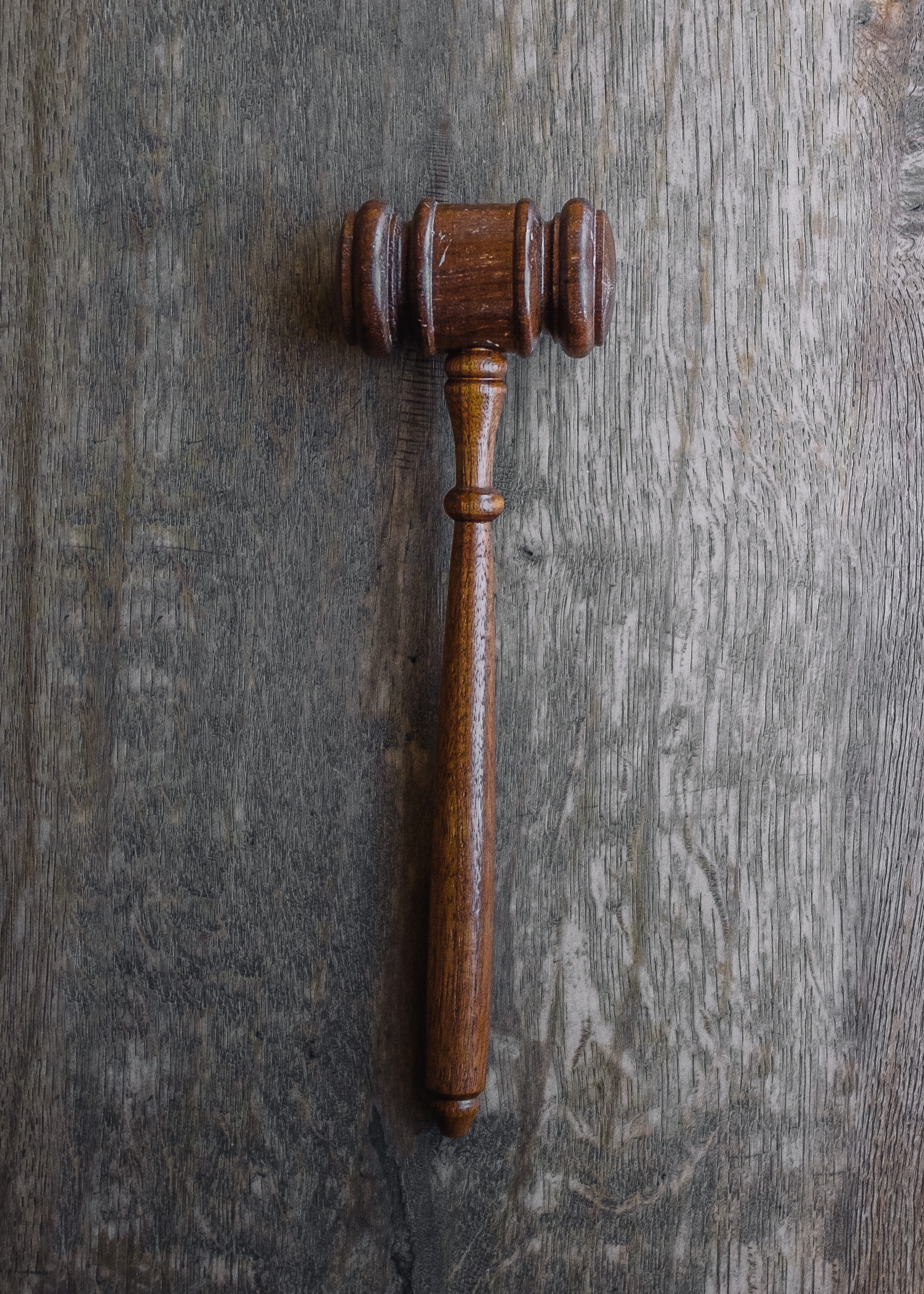After a long and contentious battle in several courts across the nation, the fate of DACA now rests in the hands of nine Supreme Court justices.
On Tuesday, November 12, 2019, the justices heard the first oral arguments in the lawsuit seeking to end DACA.
During opening arguments, the justices gave us a small glimpse into what might be in their hearts and minds.
When the Solicitor General proposed to the justices that the Supreme Court did not have the authority to decide the case on the merits because DACA was a discretionary program which began under the Obama administration, the liberal justices on the court pushed back.
Justices Ruth Bader Ginsburg and Sonia Sotomayor were the first to disagree. Justice Ginsburg pointed to a flaw in the Solicitor’s argument stating that the Solicitor General could not argue that on the one hand the DACA program could not be reviewed by the Court because it was created under Obama’s administration as a discretionary program, and on the other hand that the Obama administration had no discretion to authorize the program because it was illegal to do so.
Sonia Sotomayor further attacked the Solicitor’s arguments stating that the President himself has issued conflicting remarks about the legality of the DACA program, stating first that Dreamers would be “safe under him,” and later terminating the program altogether.
The conservatives, most notably Chief Justice John Roberts for their own part fired back at counsel for the DACA plaintiffs. Of the conservatives, Justice Neil Gorsuch appeared to be the most sympathetic to the plight of Dreamers stating that, “the large number of people affected and the impact ending DACA would have on employers and entire communities” would be taken into consideration.
Chief Justice Roberts pointed to a ruling by the U.S. Court of Appeals for the 5th Circuit which held that DACA was illegal, stating that the U.S. attorney general could be justified in making such an argument.
Counsel for the Plaintiffs argued that if the Trump administration sought to change or terminate the DACA program, the administration had to explain its policy reasons for doing so, instead of declaring DACA illegal. The conservative justices disagreed with Neil Gorsuch asking counsel for the DACA plaintiffs, “what more would you have the government say,” “what good would another five years of litigation over the adequacy of the explanation serve.”
The Solicitor general later addressed the Court stating “we own this” with regard to the future of DACA.
Although a final decision will not be handed down until next Spring, these deliberations give us good insight into what might happen. The deciding vote in this decision will likely be the vote of Chief Justice Roberts, given that the rest of the court is evenly split among ideological lines.
One thing is sure, if Congress doesn’t save DACA, the future of DACA hangs by a thread.
 Visa Lawyer Blog
Visa Lawyer Blog




